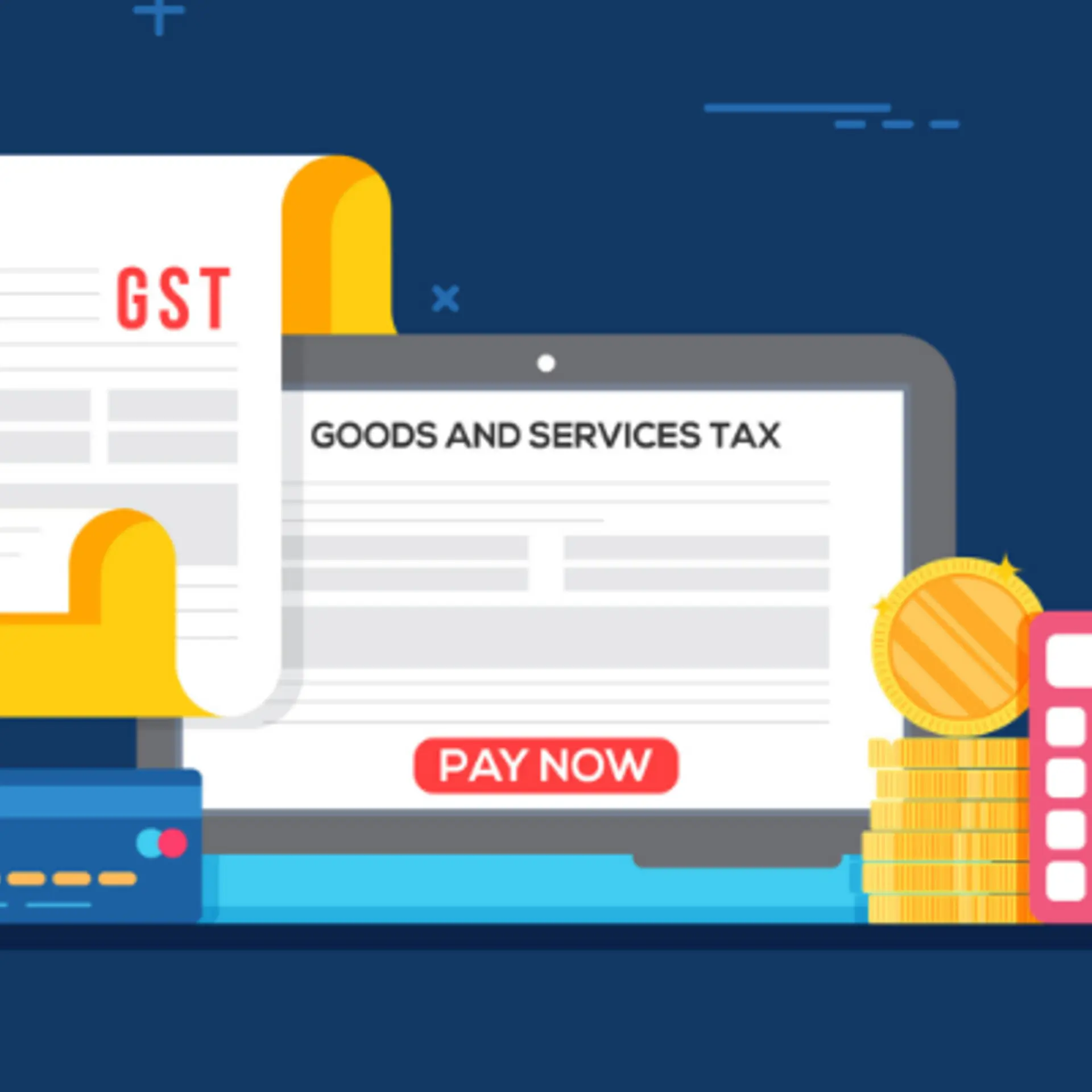The effect of Russia-Ukraine conflict on India's small businesses
The disrupted supply chain, unexpected price rise, blocked inventory, and uncertainty due to the Russia-Ukraine war has shaken left India’s small businesses and MSMEs.
In India, with COVID-19 showing signs of receding, business owners were just about expecting to get back on their feet and start recouping at least part of the losses incurred by the pandemic.
However, the Russia-Ukraine conflict seems to have thwarted their hopes with inevitable price inflation and a disturbed supply chain.
Addressing a recent press conference, Finance Minister Nirmala Sitharaman also expressed concern, saying that the escalating geopolitical situation is a concern for New Delhi because trade disruptions could potentially impact supply chains and fuel inflation, which has already breached the Reserve Bank of India’s (RBI) tolerance threshold of 6 percent in January.
The Indian import and export industry has been severely affected due to the caution in the foreign airspace. Industries across textiles, plastics, steel, pharma, Compressed Natural Gas (CNG), are nevertheless endangered.
Russia is an important supplier of oil, metals, and natural gas and higher prices for these commodities are sure to create economic damage across the world. The Indian Rupee is also witnessing depreciation against the US Dollar, which will increase the cost of products in India.
The matter of concern
Uday Narang, Chairman of Omega Bright Steel, tells SMBStory that amid the Russia-Ukraine crisis, the steel industry will see multiple impacts.
“If you see the commodity prices globally, specifically, oil prices are about $110 a barrel in the international market, leading to an increased cost of energy. Metallurgical coal or coking coal is a vital ingredient in the steel-making process. The current situation is already getting reflected in higher oil and gas prices, leading to an increased cost of energy. Moreover, commodity and raw material prices will also see a steady increase.”
Russia and Ukraine are net exporters of steel, cumulatively to the tune of almost 40 million tonnes. Uday says this will disrupt supply chains in the next few months, leading to an increase in steel prices in the short term.
If this conflict continues, the market will see a sustained period of higher steel prices, which means that consumers will end up paying more for steel products. The automobile industry, especially, will be impacted in a big way, he adds.
The Indian textile industry is also witnessing challenges owing to the halt in shipments.
"The Indian textile sector, at large, will witness a massive impact as far as exports are concerned. Key export markets like Europe and Russia have already seen a temporary pause in activities, which would impact the overall turnover of Indian textile brands,” remarks SN Modani, Managing Director and CEO of Sangam India.
“There is tremendous uncertainty in the global markets not only in terms of trade but also in terms of liquidity. Lack of liquidity would mean a temporary haul in payments and receivables which would further impact the cost of acquiring raw materials as well.”
The price of imported raw materials is also a matter of concern as Modani highlights that dye chemicals imported from Germany and Turkey have already witnessed a price increase of 10-35 percent.
The scenario is also challenging for the Indian pharma companies for whom the European market is a strong export destination. The spokesperson at one of the largest pharmaceutical companies in India, who does not wish to be named, says that the exports to the war-affected countries may have to be halted.
“The pharma industry has begun to show negative consequences,” adds Amit Chawla, Director of McW Healthcare and Secretary of Pharma Manufacturers Association MP Small Scale Drug Manufacturers Association.
“You see that India is import-dependent for most of the raw material. Even for making paracetamol, we import excipients. With the rise in crude prices, the price of aluminium and PVC used in pharma packaging has gone up.”
It is not about one particular industry. In the truly global village of today, a war between two nations would have a worldwide impact.

MSMEs hit again
MSMEs in the Indian pharma industry export majorly to the Commonwealth of Independent States (CIS nations), says Amit. With logistics disrupted, exports are on hold and even if shipments are released, industry experts flag a fear of blocked payments.
India’s imports to Russia largely include pharma, organic chemicals, auto components, electronics, crude oil, fertilisers, precious stones and metals, etc. India’s bilateral trade with Russia was $11.9 billion in 2021 — $3.3 billion exports and $8.6 billion imports, as per the official data.
Russia was, in fact, India’s 25th largest trading partner with $2.5 billion worth of exports and $6.9 billion of imports during the April-December period of FY 2022.
Asserting that the Russia-Ukraine conflict will impact MSMEs in a big way, Uday says that the steel industry specifically in the competence, business, pricing is set up every six months.
Amid the Russia-Ukraine crisis, the retroactive pricing and Hestia prices continue to rise in the spot market, the MSMEs will have to buy steel at a much higher price, and those rates will take time to pass on to the OEMs.
“MSME players would have financing issues, delay in shipments, damage of consignments, their profit and loss could get affected and more,''. Uday adds.
In a sigh of hope, Modani tells SMBStory that the depreciation of the rupee caused by the ongoing conflict between Russia and Ukraine would mean partial relief for Indian exporters who have negotiated contracts in dollars. However, one cannot deny the fact that in the long run, the Russia-Ukraine war will shake the world economy.
The Indian stock market has also been negatively impacted due to the ongoing Russia-Ukraine crisis which began on February 24. At the day's low of 54,931 points on March 3, the 30-stock S&P BSE Sensex stood corrected by 2,300 points, or a little over 4 percent, compared to the February 23 close of 57,232 points.
In fact, the much-awaited Life Insurance Corporation (LIC) IPO, which is considered to be the largest public offering by any Indian company, might be deferred as well, said Sitharaman, in light of this conflict.
The on-off conversation of a possible truce can definitely bring respite to the global economy and, in turn, India's small and medium businesses too.
Edited by Saheli Sen Gupta and Rajiv Bhuva








